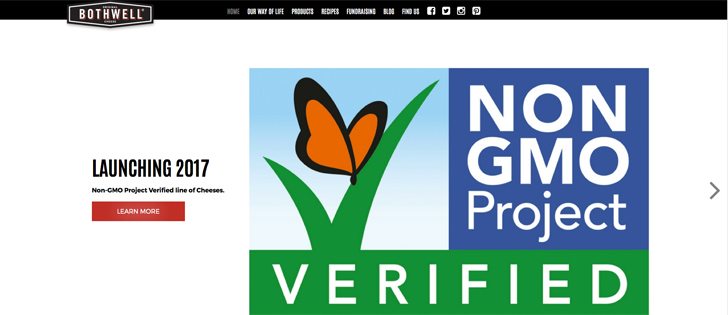BASF announced Jan. 16 that it is essentially ending its plant biotechnology discovery research program in the European Union and expanding activities in Raleigh, North Carolina.
It also announced that the headquarters of BASF Plant Science would move from Limburgerhof, Germany, to Raleigh.
BASF Plant Sciences has read the tea leaves and appears to have decided its long-term future prosperity will not be driven by the EU and its needs or interests.
This announcement highlights three interrelated and important policy issues in the plant biotechnology sector:
Read Also

Proactive approach best bet with looming catastrophes
The Pan-Canadian Action Plan on African swine fever has been developed to avoid the worst case scenario — a total loss ofmarket access.
- The global agri-food market continues to be fragmented. Production of genetically modified food expanded in 2010 to 25 plant species grown on more than 370 million acres by 15.4 million farmers worldwide, but the EU and many countries exporting to the EU remain only minimally engaged in GM crop production and trade. The two blocks of countries have the same basic processes and methods for assessing safety and risk, but make substantially different risk decisions. Trade between those two solitudes continues, but it has seen frequent disruption, increased costs and significant uncertainty.
- BASF would appear to have judged that public attitudes, which are at the root of this regulatory disconnect, are too far apart and entren-ched to lead to any near-term change. Most exporting countries and key markets for traded food accept the value and need for GM cultivars. Any country that slows technological change will ultimately jeopardize its competitiveness.
- When companies face truncated, costly or uncertain markets, they tend to invest less in serving that market. Individual firms do exactly what BASF has done: they look for more promising investment opportunities. Generally, firms move to places where there is an aggregation of competitors and collaborators, where communities facilitate innovation and where innovators are tolerated and respected. Research Triangle Park in North Carolina is one, but Saskatoon, St. Louis, Missouri, Ghent, Belgium, and other sites in Asia, Latin America and Africa are also emerging as key candidates for relocation.
Research and development doesn’t receive enough attention when markets are fragmented, public attitudes are entrenched and companies are mobile. The debate may focus on views in North America and Europe, but it will have a greater effect on those areas of the world where food security is lower. There is an economic, political and moral imperative to find ways to work around the effect of this disconnect.
Canada’s biotechnology and agri-food industries are key actors in the global system and have contributed to each of these policy areas.
The country’s regulatory regime, while not perfect, has unique features that could bridge the two solitudes.
Our novelty trigger and well-respected, science-based processes offer options for reform and convergence of decision-making.
Our voluntary national standard for labelling of GM food is the only World Trade Organization compliant standard in the world and could offer a model for consumers to exercise their preferences in the market.
We got a good return on our investment when we brought GM canola to the world, but we also generated significant economic benefit to consumers and producers.
Canada is at the leading edge of trying to work around the inflexibilities in regulations, citizen perceptions and industry by developing a national co-existence policy.
In a perfect world, we would have the processes in place to allow GM crops to co-exist with conventional, organic, industrial and other differentiated crops.
If Canadian producers, industry, consumers and governments are able to construct such a system, they may finally open up the global market to the optimal production and consumption of food, perhaps banishing food shortages forever.
Peter Phillips is professor of public policy at the University of Saskatchewan’s Johnson-Shoyama Graduate School of Public Policy.

















